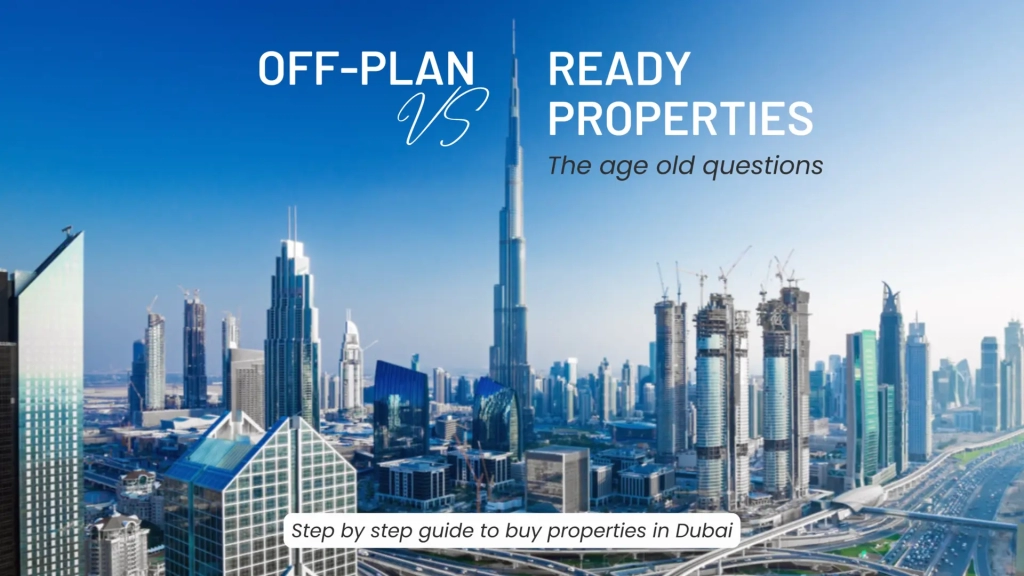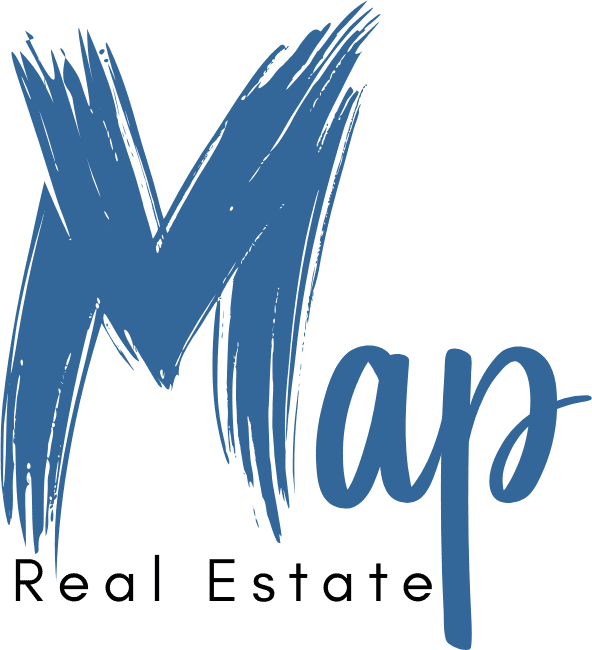
Comparing ROI Potential: Off-Plan vs. Secondary Properties in Dubai
The Dubai real estate market, a dazzling landscape of towering skyscrapers and luxurious communities, beckons investors seeking lucrative returns. But a crucial first step lies in selecting the right property type: off-plan or secondary. Both options offer distinct advantages and disadvantages when it comes to Return on Investment (ROI). This guide delves into the key factors to consider when comparing the ROI potential of off-plan and secondary properties in Dubai, empowering you to make informed investment decisions.
Understanding Off-Plan and Secondary Properties:
- Off-plan Properties: These are properties still under construction, purchased directly from the developer before completion. Investors secure their unit with a payment plan, often staggered throughout the construction phase.
- Secondary Properties: These are existing, completed properties that have been previously owned and are now available for resale through a real estate agent or directly from the owner.
ROI Potential of Off-Plan Properties:
- Lower Entry Point: Off-plan properties are generally priced lower than their completed counterparts. This translates to a potentially higher percentage return upon completion and sale, as highlighted in https://www.realtor.com/news/trends/2024-spring-housing-market-predictions-home-buyers-sellers/.
- Capital Appreciation: As construction progresses and the project nears completion, the property value typically increases. This potential capital appreciation offers a significant boost to ROI.
- Flexible Payment Plans: Developers often offer flexible payment plans for off-plan properties, allowing investors to manage their cash flow effectively. This can be particularly beneficial for those with limited upfront capital.
- Modern Design and Amenities: Off-plan properties typically boast modern designs and incorporate the latest amenities, catering to contemporary living standards. This can attract higher rental yields or resale values compared to older secondary properties.
- Developer Incentives: Developers may offer attractive incentives for early buyers, such as free service charges for a certain period, waiving of registration fees, or bundled furniture packages. These incentives can enhance the overall ROI potential.
Challenges Associated with Off-Plan Properties:
- Construction Delays: Unexpected delays during construction can push back handover dates and affect your investment timeline.
- Market Fluctuations: The real estate market can fluctuate during the construction phase. If the market dips, you might face challenges selling at a profit upon completion.
- Limited Control: With an off-plan purchase, you’re relying on the developer’s vision and execution. Limited control over the final product and potential deviations from the initial plan can impact your expectations.
- Exit Strategy: Selling an off-plan property before completion can be more challenging than selling a completed unit. Liquidity might be lower compared to secondary properties.
ROI Potential of Secondary Properties:
- Immediate Occupancy and Rental Income: Secondary properties offer the advantage of immediate occupancy or rental income generation. You can start earning returns on your investment right away.
- Verified Quality: With a secondary property, you can physically inspect the unit, assess its condition, and verify the quality of construction and finishes before committing.
- Greater Negotiation Power: When purchasing a secondary property, you have more room for negotiation on the asking price compared to a fixed price point for an off-plan unit.
- Established Neighborhoods: Secondary properties are often located in established neighborhoods with developed infrastructure and amenities. This can be a major advantage, attracting tenants or buyers willing to pay a premium for a convenient location.
- Lower Risk of Project Failure: With a completed property, you eliminate the risk of project delays or potential abandonment by the developer, a concern with off-plan investments.
Challenges Associated with Secondary Properties:
- Higher Entry Point: Secondary properties typically cost more than their off-plan counterparts, requiring a larger upfront investment.
- Potential for Outdated Features: Older secondary properties might have outdated design elements or lack modern amenities, leading to lower rental yields or resale values compared to newer off-plan developments.
- Hidden Costs: Renovation or repair costs for older properties can be an additional expense, impacting your overall ROI.
- Market Volatility: Fluctuations in the real estate market can also affect the resale value of secondary properties.
Choosing the Right Property for Your Investment Goals:
The optimal choice between off-plan and secondary properties depends on your individual investment goals, risk tolerance, and financial situation.
- For Investors Seeking High Growth Potential: Off-plan properties can be a compelling option if you prioritize long-term capital appreciation and are comfortable with a degree of risk associated with construction timelines and market fluctuations.
- For Investors Needing Immediate Returns: Secondary properties are a better choice if you require immediate rental income generation or prefer the security of a completed unit with established value.
- For Risk-Averse Investors: Secondary properties offer a lower risk profile, allowing you to physically assess the property and avoid potential construction delays inherent to off-plan investments.
Additional Considerations:
- Location: The property’s location plays a crucial role in determining its rental or resale value. Consider factors like proximity to transportation hubs, popular tourist destinations, and established business districts. Prime locations with high demand tend to offer better ROI potential.
- Property Type: The type of property, whether it’s an apartment, villa, or townhouse, also influences ROI. Apartments generally offer higher rental yields due to lower upfront costs, while villas might fetch higher resale values in certain locations.
- Market Research: Conduct thorough market research to understand current trends, projected future growth, and rental yields for different property types in your chosen location. Utilize resources like property portals, market reports from reputable firms, and consultations with experienced real estate agents from your brokerage to gain valuable insights.
Working with a Reputable Real Estate Brokerage:
Navigating the intricate world of Dubai real estate requires a skilled and trustworthy partner. Here’s why partnering with a reputable real estate brokerage like ours is crucial for maximizing your ROI:
- Expert Local Knowledge: Our team at MAP Real Estate possess in-depth knowledge of the Dubai property market, including specific areas, project details, and developer reputations. This expertise helps you make informed decisions based on market trends and identify undervalued opportunities.
- Negotiation Skills: Our experienced agents have honed negotiation skills, ensuring you secure the best possible deal on your off-plan or secondary property purchase.
- Post-Sale Support: We go beyond the transaction, offering valuable post-sale support such as property management, tenant placement, and legal advice to ensure a smooth and profitable investment journey.
Dubai’s real estate market presents a wealth of opportunities for investors. By understanding the ROI potential of off-plan and secondary properties, carefully considering your investment goals and risk tolerance, and partnering with a reliable real estate brokerage, you can make well-informed decisions that pave the way for a lucrative investment experience in the dynamic Dubai market.
Ready to take the next step?
Contact our team of real estate experts today. We’ll guide you through the process of selecting the ideal property, whether off-plan or secondary, that aligns perfectly with your investment objectives and helps you achieve your financial goals in Dubai.

